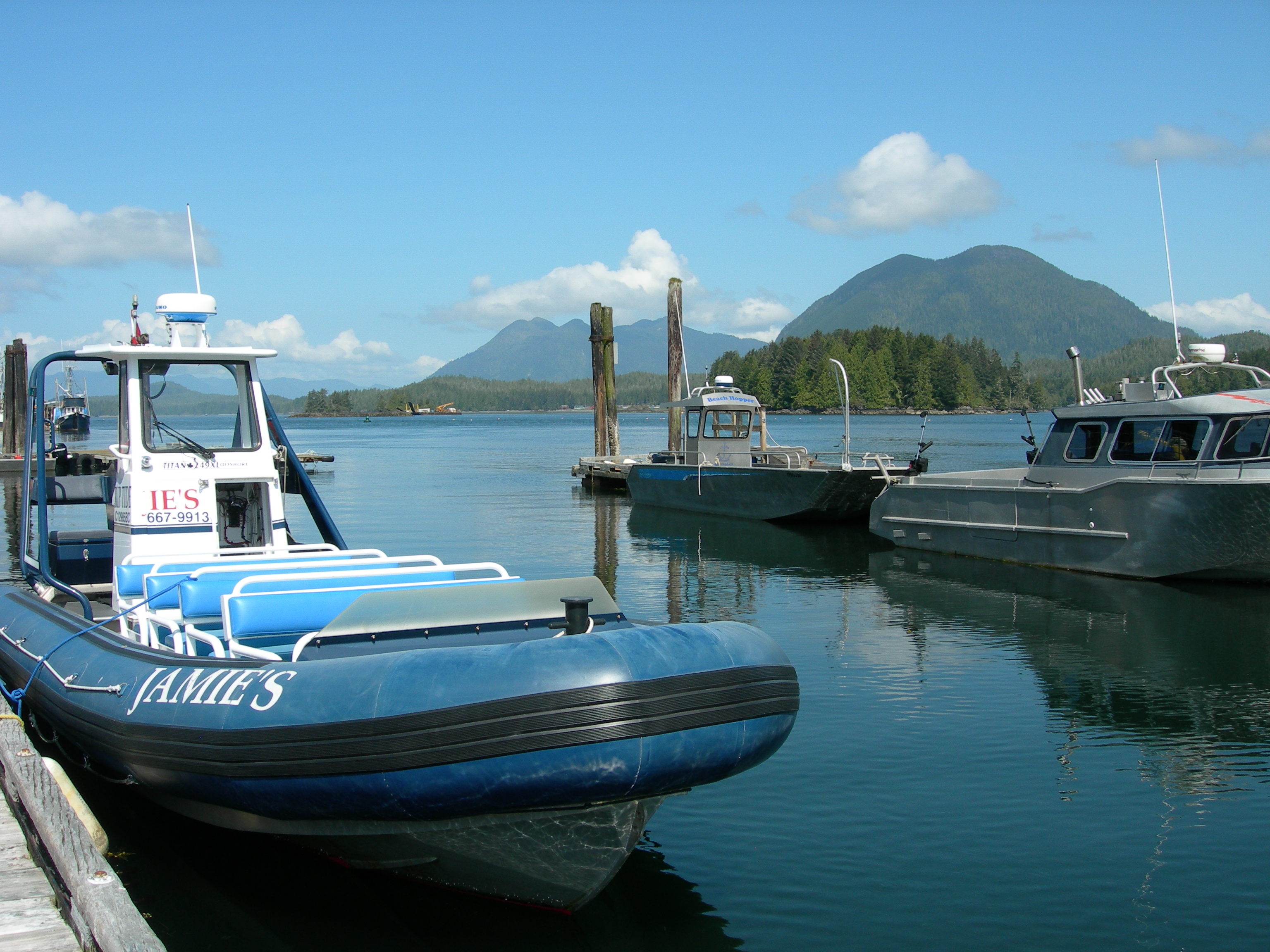The founder and principal of Northland Properties Corp. (“Northland”), Bob Gaglardi and his son, Tom Gaglardi, the president of Northland were found guilty, along with Northland, of two counts of “unlawfully carrying on a work or undertaking that resulted in the harmful alteration, disruption or destruction of fish habitat along the foreshore of Kamloops Lake” contrary to the federal Fisheries Act (R. v. Northland Properties Corp., 2014 BCPC 251 (BC Prov. Ct.). The charges related to land clearing and placing of fill on seven of Northland’s properties. The Crown alleged the work was performed unlawfully by Northland’s servants and under the direction of the Gaglardis. Both Northland and Tom Gaglardi denied they intended to cause the resulting damage to fish habitat, pleading that “the project supervisor for the work, Jim Parks, exceeded the directions he had been given on the project regarding landscaping.” They did admit that they had failed to be duly diligent in supervising the project, resulting in the damage to the fish habitat. Bob Gaglardi pleaded he was only briefly and peripherally involved in the project and thus, was not guilty. The Court held that there was sufficient reasonable doubt to acquit him on the charges.
Audit, Compliance and Risk Blog
Ron Davis
Recent Posts
B.C. Court Rejects Director’s Plea That Manager Was Responsible For Environmental Damage
Posted by Ron Davis on Mon, Apr 27, 2015
Tags: Corporate Governance, Business & Legal, Environmental risks, Environmental, Canadian
The Tax Court of Canada reviewed the requirements for a directors’ resignation to be effective in the context of potential personal liability for the corporation’s failure to remit source deductions under the Income Tax Act in determining that a resignation document prepared by corporate counsel was sufficient, even though the directors never saw the document (Gariepy v. The Queen, 2014 TCC 254). In this case, Donna Gariepy and Sally Chriss agreed to act as directors of 1056922 Ontario Limited (“105”) at the urging of their husbands, Derek Gariepy and George Chriss, the actual managers of 105. The directors’ husbands had been directors of CG Industries (CGI) that had become insolvent and owed significant unremitted source deduction amounts to the Canada Revenue Agency (CRA).
Tags: Corporate Governance, Business & Legal, Employer Best Practices, Accounting & Tax, Employee Rights, Canadian
The British Columbia Supreme Court affirmed the reasoning of the Provincial Court trial judge that convicted a director, Mission Western Developments Ltd. and its director, Blake Larsen, of offenses under the federal Fisheries Act that occurred during land clearing operations near Wildebank Creek in Mission, British Columbia (R. v. Larsen, 2013 BCPC 92, affirmed 2014 BCSC 2084). In rejecting the appeal by the accused, the Supreme Court held that the Provincial Court judge had applied the correct legal principles for determining the necessary elements to obtain a conviction for impairment of fish habitat under the Fisheries Act. These principles were:
Tags: Corporate Governance, Business & Legal, Health & Safety, Environmental risks, Environmental, Canadian
Exercise of Legal Powers By Director Constitutes Oppression of Minority Shareholders
Posted by Ron Davis on Wed, Sep 24, 2014
The decision by the Ontario Superior Court of Justice in Paul v. 1433295 Ontario Ltd. (2013 OSCJ 7002), illustrates that the oppression remedy is available to complainants, even when the actions that are the subject of the complaint are the result of a lawful procedure available under Ontario corporate legislation. The Court held that, although the procedure was lawful, the intent of the action was to squeeze out the affected shareholders and the results were oppressive to the minority shareholders’ interests.
Tags: Corporate Governance, Business & Legal, Internal Control, Canadian
Ontario Class Actions To Proceed Despite Previous Time Limits
Posted by Ron Davis on Wed, May 28, 2014
In an unusual five judge ruling, the Ontario Court of Appeal reconsidered its decision in Sharma v. Timminco (2012 ONCA 107). This case held that a failure to obtain leave to commence an action under the secondary market liability provisions of the Ontario Securities Act (s.138.3) within the three year limitation period provided in the Securities Act was fatal to the action, despite provisions of the Ontario Class Proceedings Act (CPA s. 28) that provide for a suspension of limitation periods for claims asserted in a class proceeding (Green v. Canadian Imperial Bank of Commerce, 2014 ONCA 90).
Tags: Canadian





